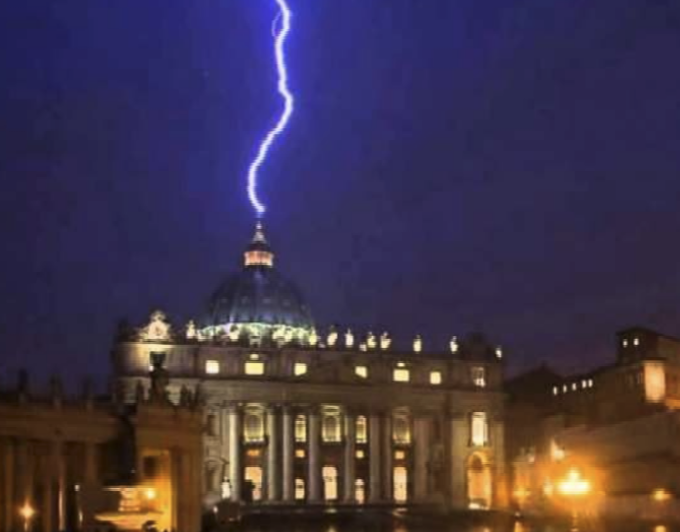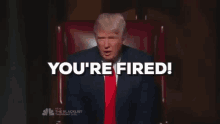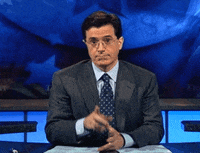The Vatican’s decision to allow priests to bless couples in what they called “irregular relationships” continues to get lots of media attention.
The language in this confusing decree, issued last month, included individuals in same-sex relationships, which unleashed a flurry of news coverage. The issue was kept alive in the news after bishops — primarily from Africa — pushed back. That forced the Vatican to issue a clarification last week aimed at quelling dissent.
Journalists working on this story have largely done a poor job in quoting diverse views about this topic from the very men who are supposed to bestow such blessings — priests. I did that very thing on Jan. 4 at Religion Unplugged, where I serve as executive editor, when the Vatican issued a news release to clarify their original declaration. Here’s what I wrote for those of you who need a refresher:
Three weeks after announcing that Catholic priests could bless individuals in same-sex relationships, the Vatican published a clarification … following backlash — and even widespread confusion in many cases — from prelates across the world.
The Vatican’s Dicastery for the Doctrine of the Faith said in a news release that it wanted to “help clarify” the many reactions to Fiducia Supplicans, a decree issued on Dec. 18. In it, the Vatican urged a “full and calm reading” of the entire document to better understand “its meaning and purpose.”
The original decree had been signed by Cardinal Víctor Manuel Fernandez, who serves as the prefect of the Vatican’s Dicastery for the Doctrine of the Faith.
The Dec. 18 document, the Vatican said, was “clear and definitive” in regards to Catholic doctrine regarding church teaching on marriage and sexuality. Again, the Vatican said any blessings are for individuals — not the union — and must not be “liturgical or ritualized.”
“Evidently, there is no room to distance ourselves doctrinally from this declaration or to consider it heretical, contrary to the tradition of the church or blasphemous,” the latest statement added.
Quite of few bishops, especially in Africa, were doing quite a bit of explicit doctrinal distancing, if not outright slamming. That’s a newsworthy development, for sure.










